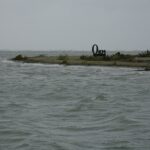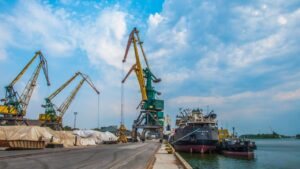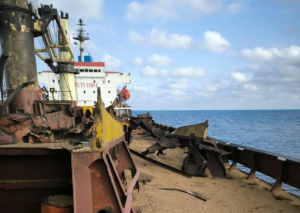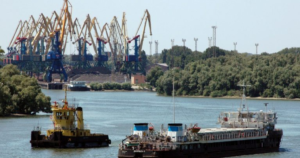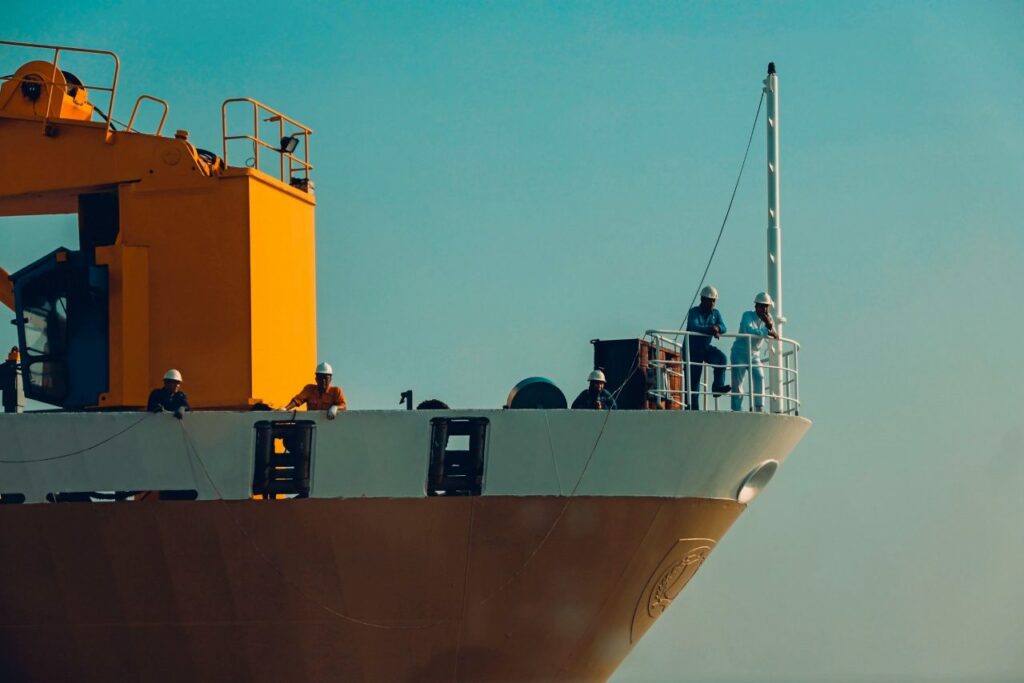Romania demands to let its ships into Ukraine to check works on the Danube
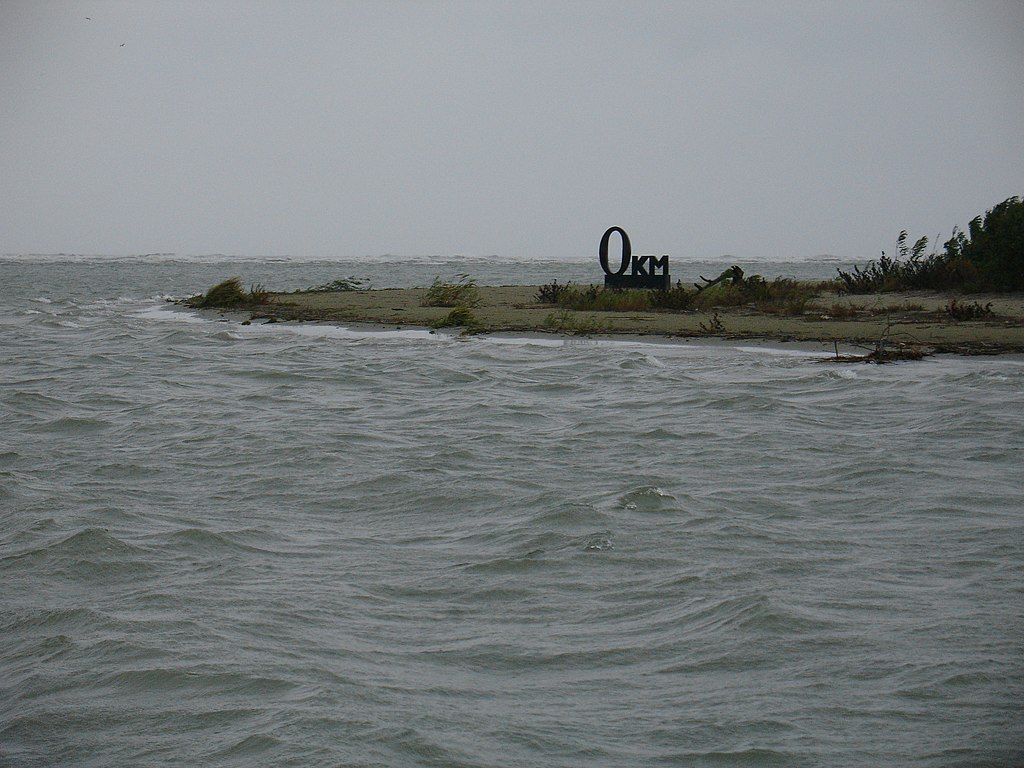
The Ministry of Foreign Affairs of Romania requires the access of its own vessels to Ukraine, to check hydrotechnical works on the Danube.
On February 20, the Ministry of Foreign Affairs of Romania summoned the Ambassador of Ukraine, Ihor Prokopchuk, because of hydraulic works in the Kili estuary of the Danube. The ministry has requested access for Romanian vessels to the site, Digi24 reports.
Bucharest is asking for clarification on exactly what hydrotechnical works are being carried out at the mouth of the Danube, and is demanding that dredging be stopped unless it is related to the support of shipping.

The Romanian Ministry of Foreign Affairs stated that they do not have any agreements on carrying out such works, as currently “procedures for assessing the environmental impact of the shipping projects of the Ukrainian side are ongoing.”
Therefore, Romania asks Ukraine to grant access to the Ukrainian waters of the Kili estuary in order to independently check what works are being carried out in the river and whether they violate bilateral agreements.
Romania insists that the dredging goes beyond normal hydraulic works and affects the environment in the area of the river. The Ukrainian side claims that only works are being carried out to ensure navigation to the port of Izmail.
Ukraine “expressed complete openness” to resolving the issue and offered to organize a technical meeting between the ministries responsible for transport in both countries in the near future, the Romanian Foreign Ministry said.
We will remind, on February 17, the Ministry of Infrastructure announced an increase in the level of draft of the vessels in the section from the zero kilometer of the Bystre estuary to the 116th kilometer of the Kilia estuary of the Danube. The maximum draft was increased from 3.9 meters to 6.5-7 meters. According to the department’s statement, the change in sedimentation is related to the development of alternative logistics routes within the “Paths of Solidarity” program.
